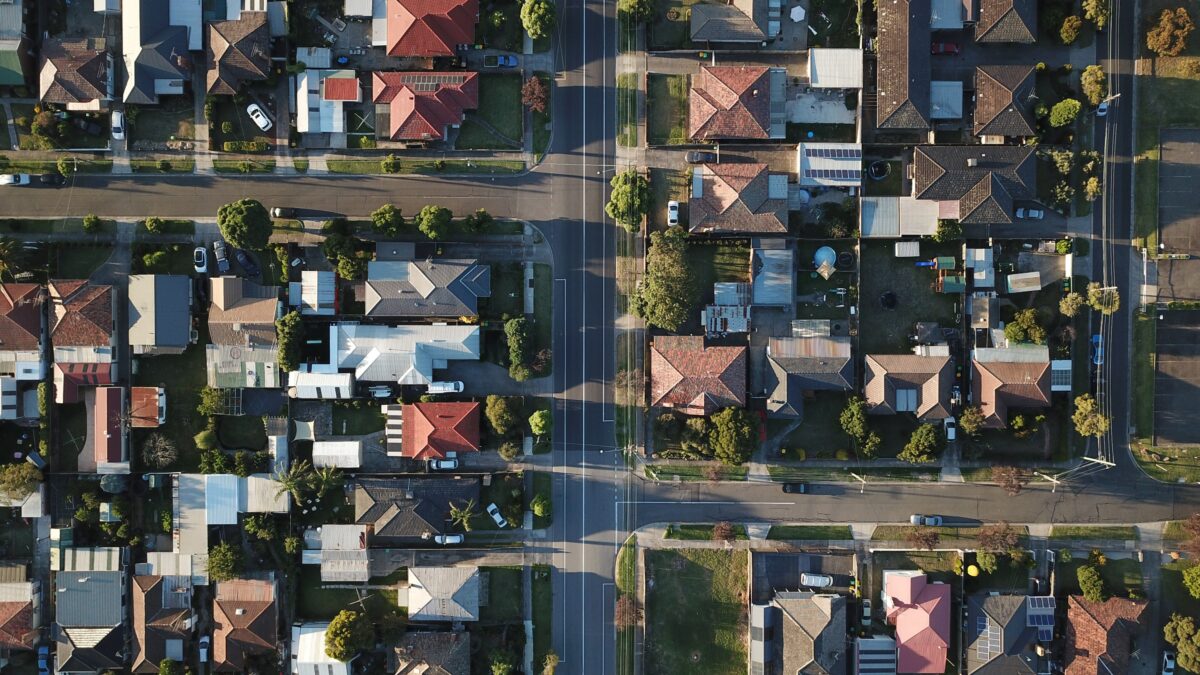President’s Message
Robert Bolar
As 2019 draws to a close, it’s time to start looking ahead to 2020.
In the real estate market, conditions next year will be much like they were this year. Key characteristics will include low mortgage rates, rising home sales and increasing home prices.
These predictions come from Lawrence Yun, chief economist of the National Association of Realtors, who recently presented his 2019-2020 housing forecast at the annual Realtors conference in San Francisco.
For 2019 as a whole, he expects a 9% increase in new home sales nationwide, a 1% increase in existing sales, median price growth of 4.3% and an average of 4% for a 30-year fixed-rate mortgage.
For 2020, his forecast looks similar except Yun expects even lower interest rates to create more momentum for housing sales. Yun predicts U.S. new home sales will increase 11% while existing sales will rise 4%. Prices should go up 3.6%, and mortgage rates should average 3.8%.
“New and existing-home sales are expected to increase,” he said. “Every state is creating jobs. Some states are doing it faster than others, but we see job creation in every state. That and lower mortgage rates are helping first-time buyers get into the market.”
The decline in mortgage rates this summer was especially helpful for first-time buyers who are more sensitive to changes in mortgage rates compared to repeat buyers.
For the economy as a whole, Yun thinks there will be no recession in 2020. Provided that there isn’t a major trade war with China, the U.S. economy should grow just under 2% in 2020, he says. In fact, Yun says, GDP could grow as much as 3%. The economy should create 1.5 million jobs next year, which will support the housing market.
Yun says real estate conditions are looking better today compared to one year ago. That’s because 12 months ago, interest rates were around 5% and were pushing buyers out of the market. As interest rates declined over the summer, home sales subsequently rebounded.
While Yun expects interest rates to average less than 4% in 2020, he discussed several economic factors that could potentially push them up including mortgage finance reform, inflation and the national debt.
First, it will be important that Congress include some kind of government guarantee as it works to reform Fannie Mae and Freddie Mac, companies that provide market liquidity by buying and selling mortgages. Without a government guarantee, rates could increase and stability in the mortgage market could be disrupted.
“Interest rates will remain low, as long as we have government backing of mortgage-backed securities,” Yun said.
The second worry is inflation.
“Mortgage rates may increase as inflation kicks in and economic activity markedly picks up,” Yun said.
While overall inflation is currently under the Federal Reserve’s target range, the housing component of inflation is running much higher than normal. Large increases in the cost of housing could push up overall inflation. As inflation rises and the dollar has less purchasing power, lenders will charge more for their loans.
Yun attributes the high inflation in home prices to the housing shortage — the result of underbuilding over the last 10 years.
Finally, the national deficit will also play a role in mortgage rates, depending on how attractive U.S. debt remains to the other countries that buy it.
Even though there are some risks that mortgage rates will increase next year, Yun is optimistic they’ll stay low and support a favorable outlook for the housing market.
“We will not have a recession, and will see a baseline growth rate of 1.5% for 2020,” he said.
To learn more about what real estate conditions to expect in your own area, contact a Northern Wasatch Realtor. Find one at NWAOR.com.
Robert Bolar is president of the Northern Wasatch Association of Realtors.

